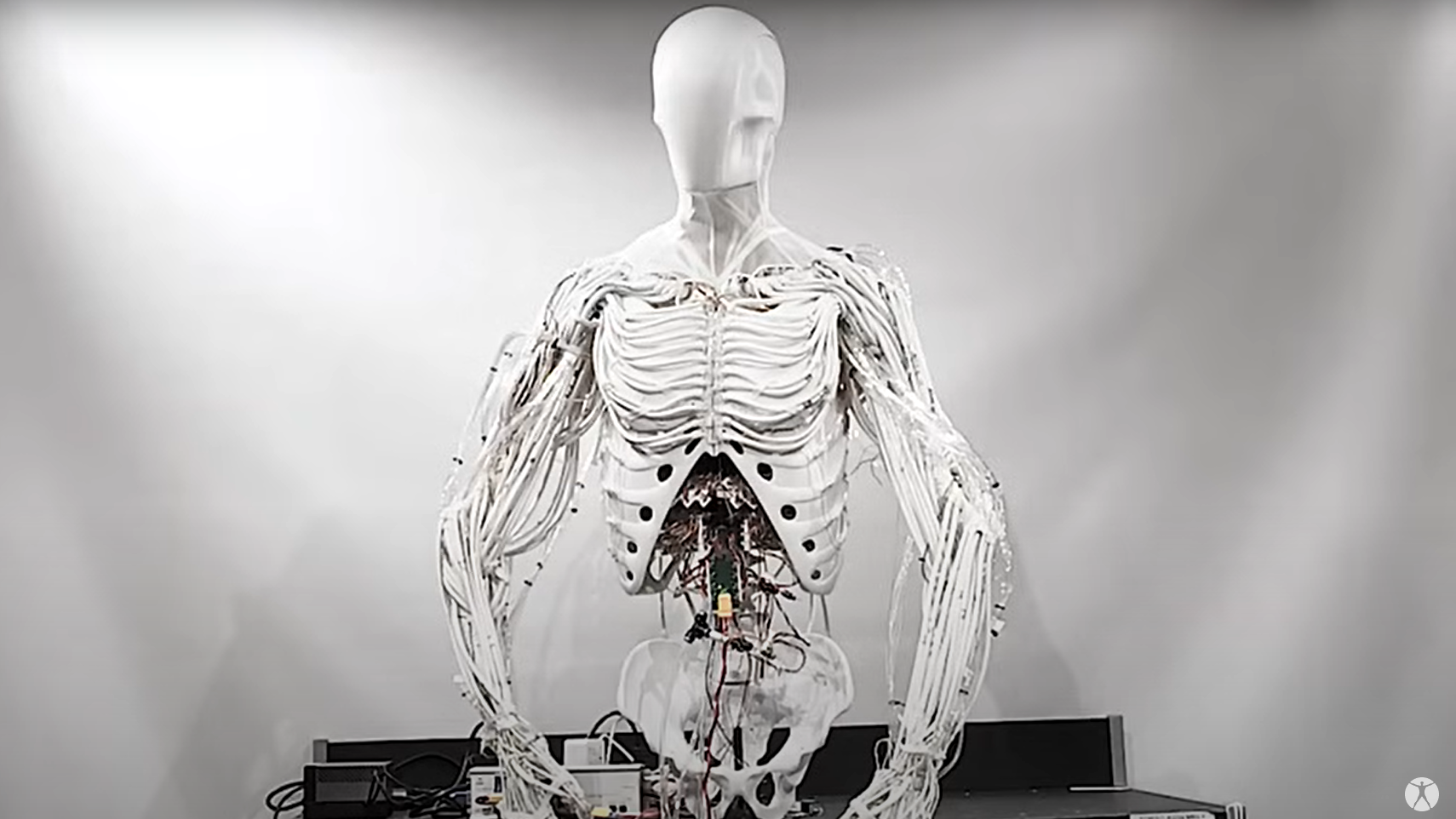Beyond Fidget Spinners: 10 Ways to Help Kids Concentrate
Helping kids focus
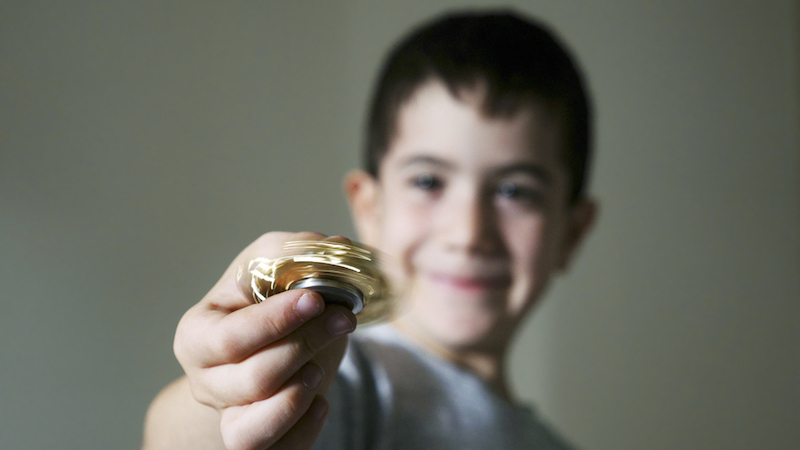
What's the best way to help children concentrate? Is it with fidget spinners, the small, ball-bearing devices sweeping through America's schools and playgrounds? It's hard to say, mostly because there aren't any large, peer-reviewed studies that have tested the spinners' ability to help kids concentrate.
But there are some scientifically backed methods that may help children focus. Live Science spoke with two experts, one in education and the other in clinical psychology, to find out more about the science of attention.
Regardless of which techniques work best, both experts advised parents to remember this: Every child is different, so if one method doesn't work, simply tweak it or try another.
Break time
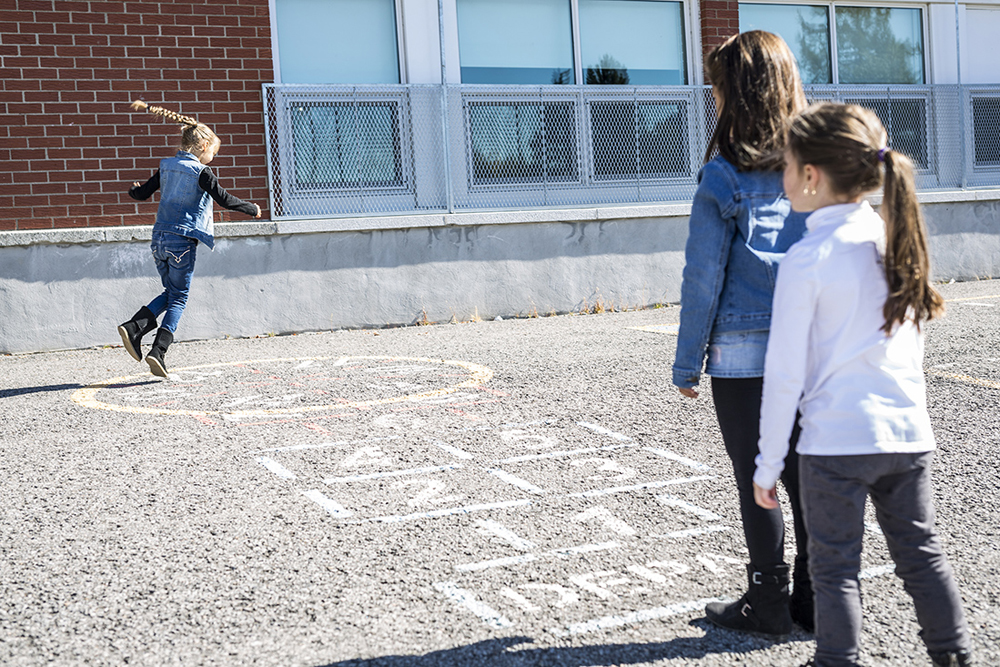
Want a sharp mind? Then take a break, said Melissa Gresalfi, an associate professor of mathematics education at Vanderbilt University's Peabody College in Nashville, Tennessee.
Unstructured playtime allows kids to release energy, make their own choices for a while and shift their focus, Gresalfi said. In a 2009 survey by Gallup of nearly 2,000 elementary school principals across the country, more than 80 percent said that recess had a positive impact on children's academic achievement, and two-thirds said that after recess, students listened better and were more focused in class than before recess.
However, 20 percent of the principals said that testing requirements had led to reduced recess time, and 77 percent said they sometimes took away recess as a consequence for bad behavior, despite the connection between recess and good student behavior, according to the Robert Wood Johnson Foundation's report on the survey.
"It's pretty unreasonable to think that kids are going to be focused for four sustained hours a day," Gresalfi told Live Science. "It just flies in the face of what we know, even about our own adult activity."
Sleep, diet and exercise

Children will not be able to concentrate if they're tired or hungry, or if they haven't been able to run around. That's why sleep, diet and exercise are so important, said David Anderson, a clinical psychologist and director of the ADHD and Behavior Disorders Center at the Child Mind Institute in New York City, an independent nonprofit that works with children who have mental health conditions and learning disorders.
"When people go for treatment, we check on those things first," Anderson told Live Science. "Diet, sleep and exercise are three unsung heroes of [good] mental health."
He noted that those three things are not a treatment for mental health disorders. However, getting the right amount of sleep, diet and exercise can help children thrive and improve their concentration, Anderson said. Parents likely know this, but when both children and adults are overscheduled, it's easy to forget lunch, skip exercise and go to bed too late, Anderson said.
Engage and motivate
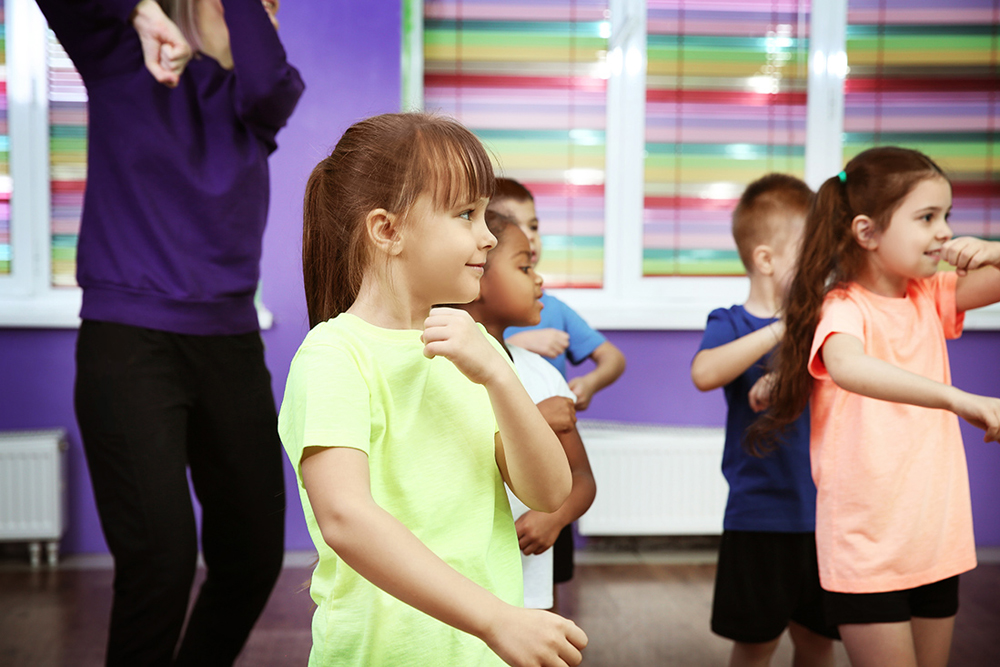
The best way to get kids focused is to give them interesting things to do, Gresalfi said.
"Most of the time in schools, we're asking kids to sit and listen to us and take notes," she said. "There's only so much of that kind of activity that can be sustained. All of us would find that boring."
Rather, educators can engage children with dynamic lesson plans — for instance, by doing activities that include different senses and thought processes. Gresalfi gave the example of teaching children simple addition. Instead of teaching them to memorize tables, a teacher could ask the kids to find a pattern, perhaps with objects, such as blocks, she said.
For example, she said, "When you give kids tools to explore [a number pattern], they can get really sucked in to try to prove 'Why is this true?' and 'What makes it true?'"
Take the pulse
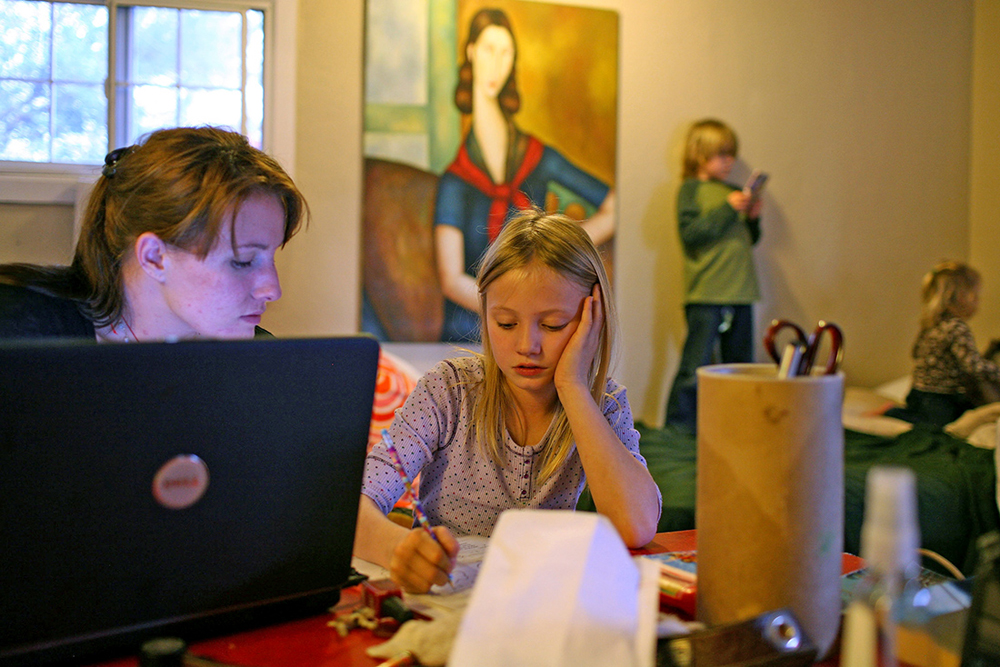
If students aren't focusing, it's important to "take the pulse" of the situation. In other words, assess the matter by figuring out what's going on, or simply ask the kids what's up.
If it's the end of the day and the kids are tired, perhaps the educator could give them a "brain break" to let them relax for a few minutes. (Not all teachers can do this because some schools don't give them that flexibility, Gresalfi noted.)
Or, perhaps the students are either confused or bored, and have lost their focus because they either don't know what's happening in the lesson or they're not interested in it. If that's the case, the educator can try to get them back on track. For example, they can mix up the order of activities during the lesson, and go about it a different way, Gresalfi said.
Distraction-free desk
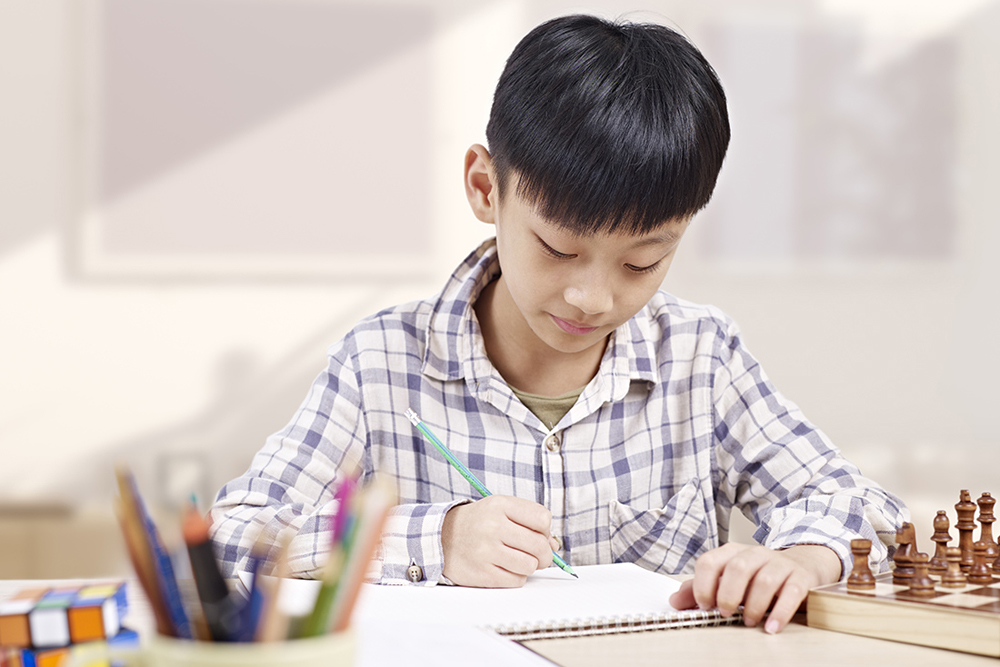
Once children get home, first make sure they've been given a healthy snack and some water, and have had time to chill out. Then, provide them with a distraction-free space for homework.
Tables or desks with a comfortable chair are ideal workspaces, Anderson said. But it's key to keep the work area free from distraction. "We want [electronic] devices to be far away and not turned on," Anderson said. That means the desk should be far from televisions, iPads and phones, he said.
Don't forget to stock the desk with needed tools, such as paper, pencils and a calculator. "We want to make sure the school supplies are there," Anderson said.
Set intermittent goals
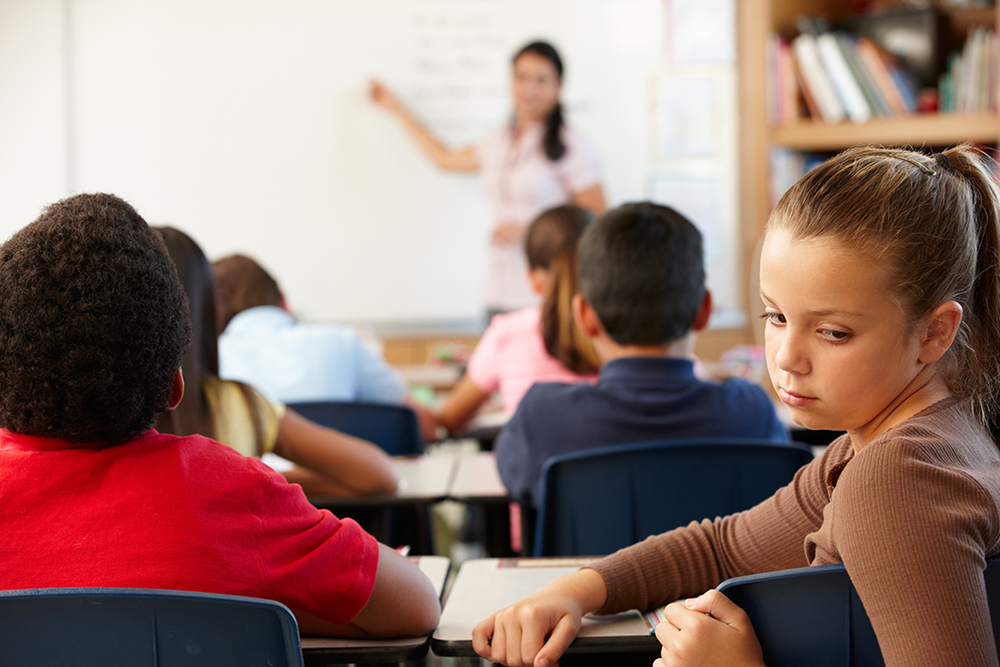
If students have an intimidating or exceptionally long homework assignment, advise them to set subgoals so that they can digest it in smaller chunks. For instance, if a child can't concentrate because they are wary of starting a worksheet with 50 math problems, perhaps they could break it up into 25 problems now, and 25 problems later.
After doing the first set, the child could be rewarded with a break or a snack, Gresalfi said.
Skill development
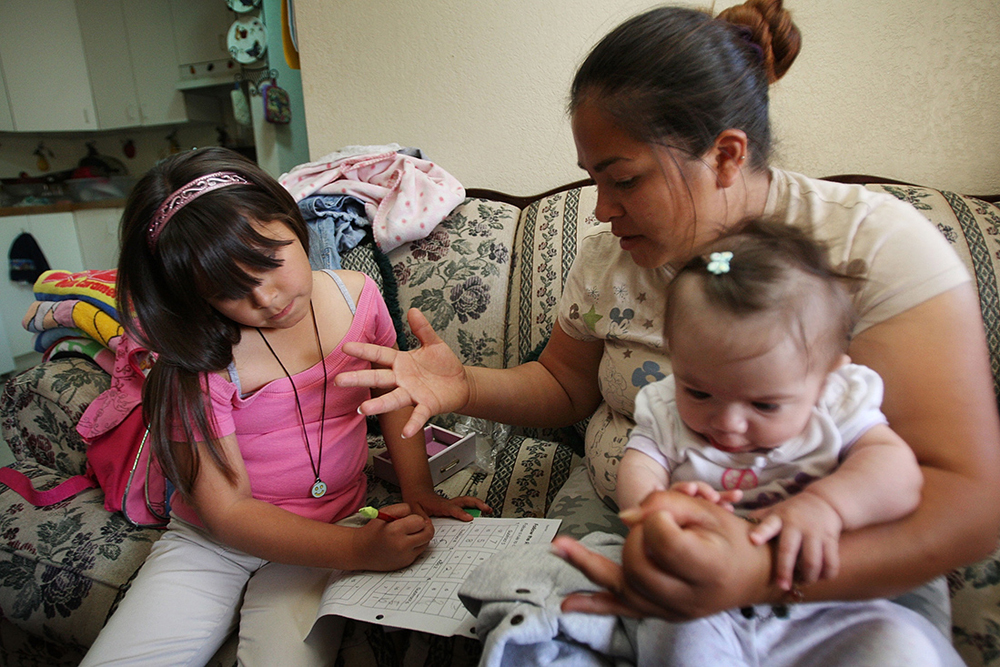
Some kids have trouble concentrating for long periods of time. A good way to approach this issue is to give the child a defined task and then encouragement to finish it if he or she falls off course.
"If a child has difficulty focusing for more than 4 minutes, you try to catch them in the first 4 minutes and nudge them toward a little bit more concentration," Anderson said. "Just like you would if you were trying to teach them how to hit a baseball or to do a forward roll in gymnastics: You would try to get them to do the next small step in developing that skill."
If parents or educators want to give kids more free time to read, they could say, "You know what? You did a great job focusing for these first 4 minutes. What I'd love to see is you actually finish reading this book for the next 4 minutes," Anderson said. "What you're trying to do is appreciate the effort they're going through and give them a defined task in which they can practice in little skill drills for another 4 minutes."
Skill development can be rewarding for children. For instance, they might feel good because they were able to follow the teacher's instructions, or they might enjoy the drills because it helped them finish the assignment, he said.
Stability balls
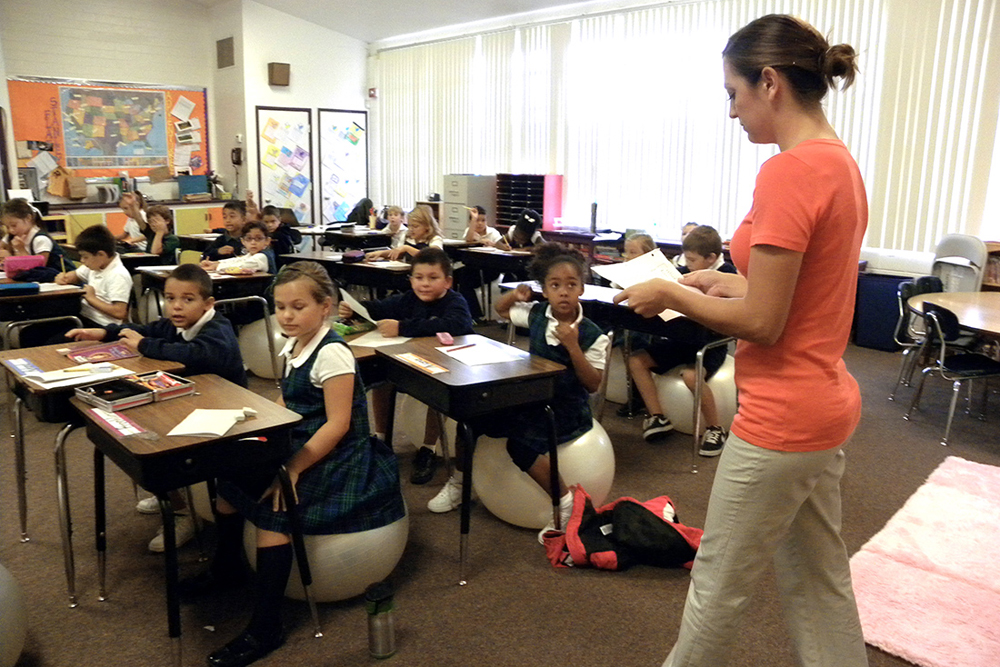
Sitting on a stability ball can help some, but not all, children concentrate, Gresalfi said. These large, inflatable balls require people who sit on them to use their core muscles, just a bit, to remain upright.
In some classrooms, students use the balls as chairs as a way to get out the wiggles. The balls can be especially helpful for kids who have a difficult time sitting down, she said.
"The bouncing ball is one way to get energy out," Gresalfi said. "It is pretty nondistracting, because you can bounce in a pretty rhythmic way." But the environment matters; the balls are squeaky on linoleum floors, and that sound can be distracting for students, she said.
Several small studies, including one published in 2014 by Southern Adventist University in Tennessee, show that stability balls are associated with decreased bad behavior in students. However, other studies, such as one published in 2015 in the American Journal of Occupational Therapy, found that the balls were not a "practical use of resources for schools."
Instead of handing a stability ball to every child, adults should ask children what they prefer, Gresalfi said. This choice allows kids to take ownership over the seat that helps them concentrate best, she said.
Use incentives, not threats

Parents may resort to threats and punishments if their children won't concentrate. For instance, parents may take away TV time or other privileges if their children won't finish a homework assignment. But this route may backfire and turn into a battle of wills between parents and children, Anderson said.
Rather, parents can praise children for past homework successes "so that they have more positive self-talk with homework," Anderson said. Parents can also offer incentives for children who finish schoolwork in a timely manner.
For instance, children can earn screen time by doing homework, he said. Or, if they finish their homework at a reasonable hour, they might earn an ice cream outing with mom and dad, or perhaps earn a book in a popular series they want to read, he said.
"It's so much easier having a parent remind you of your successes and then linking incentives to your homework completion than waiting for you to fail and threatening to take away all of your stuff," Anderson said. That's not to say parents won't need to talk about consequences, "but they can try to add in some of those positive behavioral incentives as well," he said.
Make a routine

At school, children usually know what to expect because teachers set up predictable routines. Parents can do this at home, too. Establishing a routine will help children to know what their parents expect and what is needed to get to the finish line. Once it is in place, the routine can help a child concentrate and get through their work, Anderson said.
Sign up for the Live Science daily newsletter now
Get the world’s most fascinating discoveries delivered straight to your inbox.

Laura is the archaeology and Life's Little Mysteries editor at Live Science. She also reports on general science, including paleontology. Her work has appeared in The New York Times, Scholastic, Popular Science and Spectrum, a site on autism research. She has won multiple awards from the Society of Professional Journalists and the Washington Newspaper Publishers Association for her reporting at a weekly newspaper near Seattle. Laura holds a bachelor's degree in English literature and psychology from Washington University in St. Louis and a master's degree in science writing from NYU.






